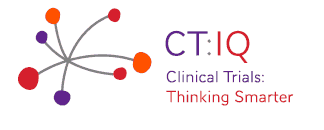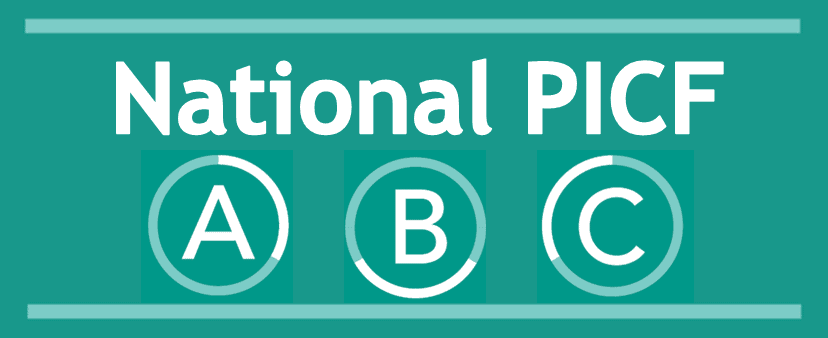Bellberry has two key objectives as an organisation:
- To protect the welfare of human research participants, and
- To improve the quality, efficiency and effectiveness of research
As a Not for Profit organisation, Bellberry takes surplus funds raised from its professional review service and redistributes it back to the research sector community to support the advancement of research knowledge through philanthropy and education.
Bellberry’s philanthropic activity broadly falls into three categories:
1. People: Bellberry provides fellowships and scholarships in a targeted manner to support the Australian Research Sector. Bellberry is working in collaboration with the Viertel Foundation to offer prestigious, high-value 5 year mid-career fellowships to the brightest research talent. Charles Viertel established the Sylvia and Charles Viertel Charitable Foundation in his will. The Foundation was established to benefit organisations or institutions involved in the medical research into diseases and the alleviation of hardship of the aged and infirm. Further information about the scheme can be found at http://viertel.org.au/
2. Projects: Since 2022, Bellberry has provided targeted grant funding for collaborative research infrastructure or projects as part of the Participant Engagement at Scientific Meetings Grant Program.
Conference organisers can apply to Bellberry for funding to create and/or enhance participant-centric programs to enable the participant voice to be represented and heard at their meetings with the aim of improving the research by embracing participant perspectives. Bellberry encourages conference organisers to be inclusive and innovative in their approach to creating and/or enhancing participant-centric programs.
In 2024, grants were awarded to:
- The Australian Diabetes Educators Association, for a consumer centred program at the Australasian Diabetes Congress 2024
- Canteen Australia, for a consumer-centred program at the 6th Global Adolescent and Young Adult Cancer Congress
- The Australian Institute of Digital Health, for a consumer-centred program at the Health Innovation Community 2024 conference
- TROG Cancer Research, for a consumer-centred program at TROG Cancer Research 2025
3. Direct Action: Bellberry supports initiatives that deliver on our objectives of protecting the welfare of participants and improving the quality, efficiency and effectiveness of research. Examples include:
- National PICF Template Resources
- Research of Ethics Education: PRAXIS Australia
- Thinking Smarter About Clinical Trials: CT:IQ

CT:IQ is a sector wide stakeholder broad collaboration for CONTINUOUS IMPROVEMENT in clinical trials. Supported by MTP Connect and a collaboration of 48 partners.







